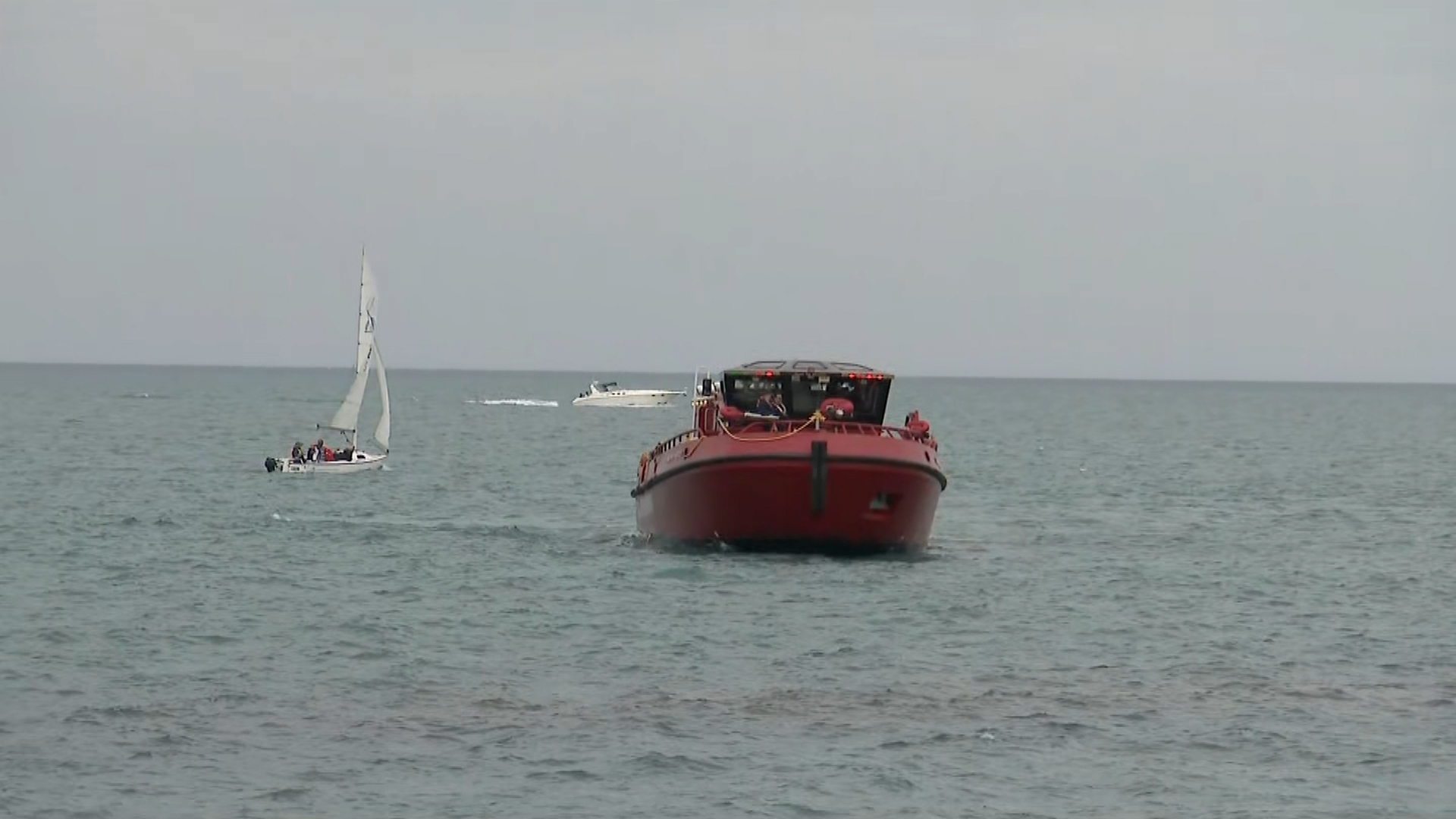President-elect Donald Trump put forward one of the best Republican performances in Illinois in recent memory, with several key trends driving those advances.
While Vice President Kamala Harris did carry Illinois in Tuesday’s election, her margin of victory was the smallest for a Democrat in decades. With 91% of precincts reporting, Harris was up by 432,880 votes, a gap of 8.2 points, according to NBC News.
Stream NBC 5 for free, 24/7, wherever you are.
That margin is the smallest of any winning candidate in the state of Illinois since George H.W. Bush defeated Michael Dukakis in the 1988 election, winning by just over two points.
Bush’s win was also the last time a Republican won the presidential race in Illinois, with Bill Clinton’s 1992 win setting off a series of nine consecutive Democratic victories in the state.
Trump captured three counties in the Chicago area, with McHenry, LaSalle and Kankakee all delivering majorities for his campaign.
House Republican Leader Toni McCombie expressed excitement about Trump’s performance both in Illinois and nationally, and pointed to Harris’ ascent to the nomination before the Democratic National Convention as something that potentially soured liberal voters.
“She didn’t outperform Biden in any part of the nation,” she said. “They should’ve had an open primary, and that didn’t happen. There’s a lot of disenfranchised Democrats, and they’re making a point.”
Local
Chicago Ald. Nick Sposato, who displayed a Trump flag in City Council chambers on Wednesday, echoed those sentiments, reflecting on conversations he had with Democrats in the lead-up to the election.
“I think they were tired of the four years of Biden and Harris,” he said. “I don’t think they believed in them.”
Feeling out of the loop? We'll catch you up on the news you need to know with the Chicago Catch-Up newsletter.
In addition to lower voter turnout on the Democratic side, young men in the Gen Z demographic also shifted strongly toward Trump.
“I think it really speaks to the fact we have conservative young women and men who are living in a different ecosystem than their counterparts on the liberal side,” political strategist Jordan Abudayyeh said. “Particularly with the men, I think they don’t ascribe to a particular party. I think what they’re prescribing to is the podcasts and social media they’re consuming that’s telling the story of being a stronger man or providing for a family, things they don’t think they can do in this current economy.”
Those economic concerns helped drive voters to the polls in the 2024 election, and McCombie argued that concerns over Trump’s brash demeanor and his high-profile clashes with Democrats and media didn’t override those worries about kitchen table issues.
“The federal side does take up a big piece of the room, but we have things we have to work on here in Illinois. Whether the president is Trump or Harris, that doesn’t impact our property taxes,” she said. “We have to concentrate on that, because that’s a top-three issue in the state, and sometimes we have to let that noise go, because we have to pay attention to what’s happening here.”
Abudayyeh said that economic issues also may have helped to drive male Latino voters to the Trump side, as the president-elect boosted his performance in that group by more than 15% over the 2020 election.
“The Latino community isn’t a monolith. Just as we have educated and non-educated white voters, suburban and rural voters, we have that in the Latino community, and sometimes when you’re speaking to the Latino community, you talk to them as one,” she said.



